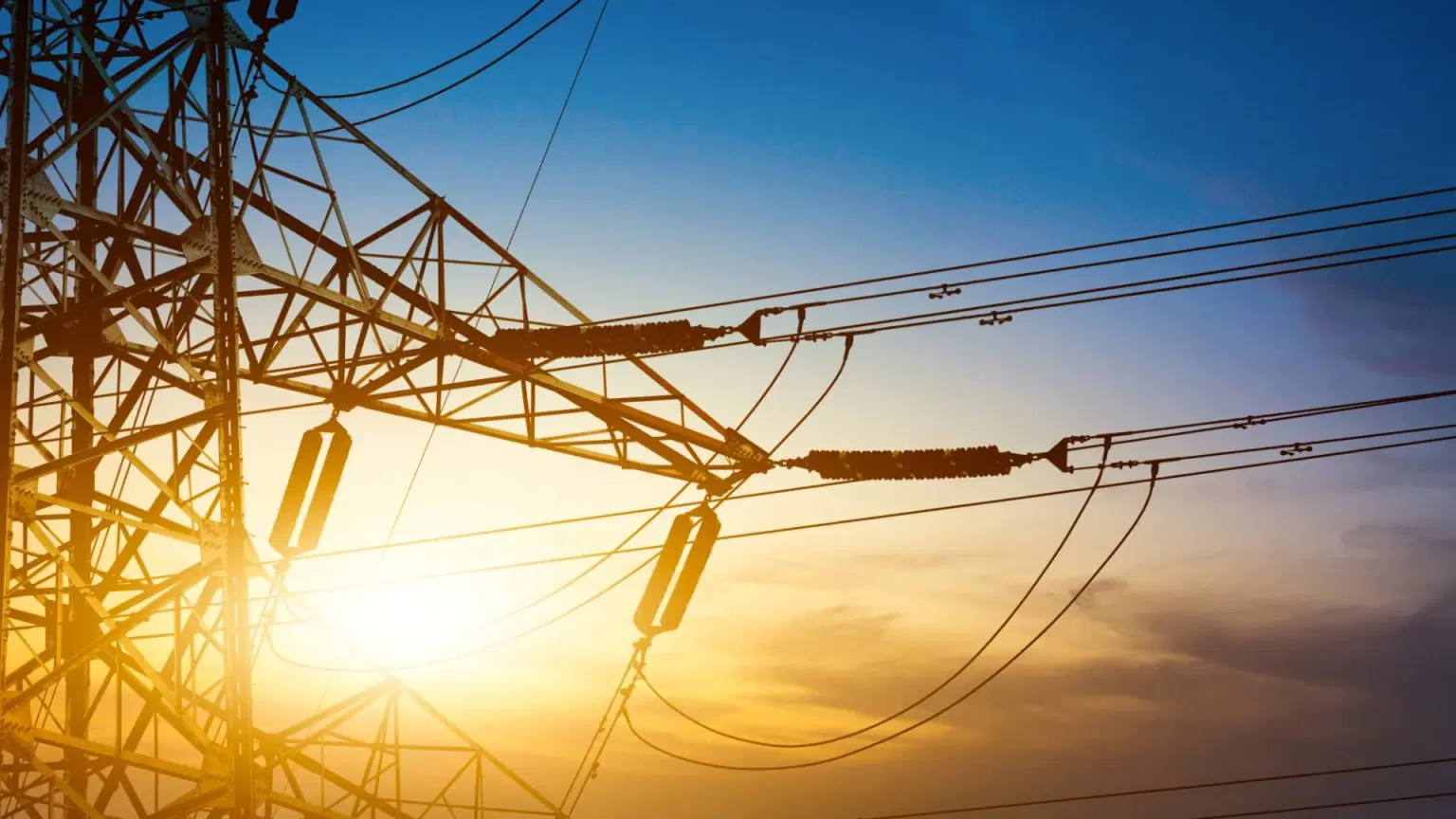Nigeria faces the threat of widespread blackouts as gas suppliers cut deliveries to power plants over an outstanding N5.6 trillion debt owed to electricity generation companies (GenCos).
Dr. Joy Ogaji, Managing Director of the Association of Power Generation Companies (APGC), confirmed the development in an interview with The PUNCH on Thursday. She warned that unless urgent steps are taken, the liquidity crisis could plunge the country into deeper darkness.
The warning comes days after another national grid collapse left the entire country in blackout. While partial restoration has since raised generation to about 4,000 megawatts, many plants remain below capacity due to limited gas supply.
Ogaji disclosed that from January to August 2025, GenCos’ debt burden grew by an additional N1.6tn, bringing the total outstanding to N5.6tn. She noted that about 60% of GenCos’ revenues go directly to gas producers, meaning that unpaid obligations have forced suppliers to cut back on deliveries.
President Bola Tinubu had in July met with GenCos over an estimated N4tn debt, approving in principle a bond programme to ease the shortfall. But Ogaji lamented that nearly two months later, no concrete action has followed.
“Gas suppliers have already started reducing supply. We have machines that require critical maintenance, spare parts to procure, and creditors who are no longer willing to wait. They now prioritise those who pay them promptly,” she said.
She faulted the 2025 federal budget’s N900bn allocation for the power sector as inadequate and warned that the government’s plan to issue promissory notes to settle debts may create refinancing and liquidity risks.
“GenCos remain patriotic investors, but patriotism alone cannot run power plants. Without urgent action, Nigeria risks another round of prolonged blackouts,” she cautioned.
Efforts to reach Minister of Power Adebayo Adelabu were unsuccessful, while the Transmission Company of Nigeria confirmed that national generation had climbed to nearly 4,000MW, though many plants are yet to return to full output.
Read Also;
NEITI Urges Civil Society to Lead Energy Transition Accountability
Industry stakeholders warn that unless the Federal Government swiftly resolves the liquidity crisis, the fragile electricity sector may face deeper collapse — with dire consequences for homes, businesses, and the wider economy.




